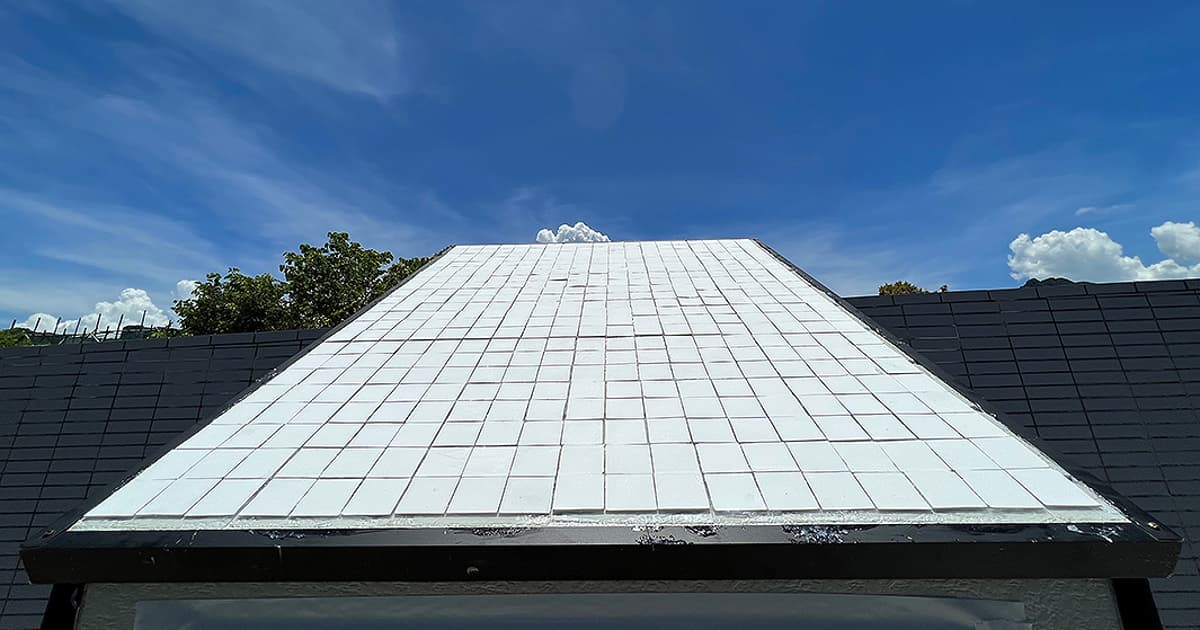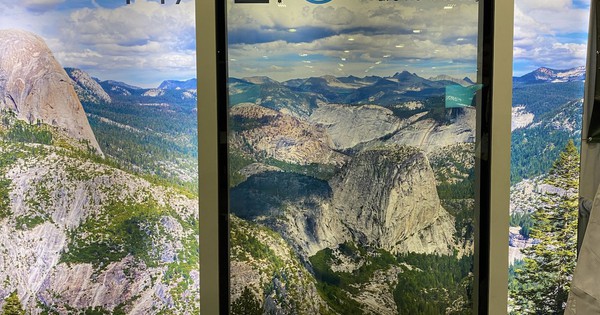
Scientists in Hong Kong have demonstrated a new ultra-white ceramic material that can drastically cool buildings by reflecting sunlight and heat at record highs.

4D printing is opening up possibilities never before seen from printing in outer space or even remote areas of our planet with its reactive abilities.

Cement production is one of the world’s leading contributors of CO2 emissions. Now, US researchers have combined sand, a hydrogel, and bacteria into a living material that has similar strength to cement-based mortar.

Park Avenue Green in New York has 34 kilowatt solar photovoltaic system. The building used cogeneration and met the usual Passive House high levels of insulation and energy efficiency.

Halio is a new glass that changes tint on demand called. It's faster than any other window, going from 99.5 percent black to clear in three minutes. This could be "a thermostat for the sun."

Gaobeidian Railway City in China has the largest Passive House project in the world, showing how to scale energy efficient building. This single project totals 330,000 square meters of certified Passive House buildings.

The development is also good news for the environment as bio-bricks are made in moulds at room temperature. Regular bricks are kiln-fired at temperatures around 1 400°C and produce vast quantities of CO2.

A 3D-printed cement paste could one day be used to make buildings more resilient to natural disasters, claim US researchers. The paste actually gets tougher the more it cracks. That would make it an invaluable new material.

Mayors from 19 American cities have formed a coalition to push green energy initiatives in their cities and make all buildings net-zero by 2050.

AccorHotels is making strong progress on plans to cut food waste around the world. The global chain announced yesterday that it has installed 600 urban gardens at 4,300 of its hotels.

Every tree will be computer monitored for health and hydration, providing a case study over the next five to 10 years that will set the base parameters for future buildings.

In contrast with the conventional, completely sealed-off, air-conditioned tower, this hotel, designed by local office WOHA, merges architecture and nature, and combines indoor and outdoor spaces in a striking fashion.

The four-bedroom house was constructed using a patented 3D printing method called BatiPrint3D. The printer works by printing in layers from the floor upwards.

Known as the Active Classroom, the energy-producing classroom stands as a shining example of what is possible as the U.K. and other nations attempt to transform their energy systems in response to climate change.

A new study Futurology: The new home in 2050 provides insights into some of the trends we are likely to see 30 years or more into the future.